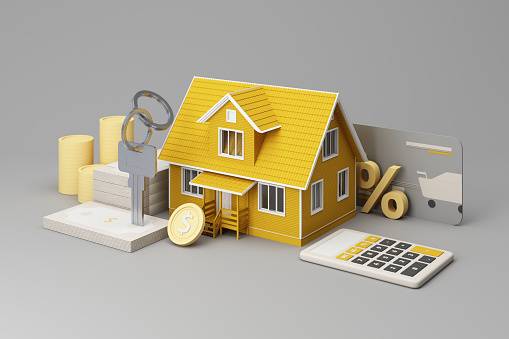What is mortgage affordability?
What is mortgage affordability? After saving up for a sizable down payment, you should then determine how much of a mortgage you can afford, which is the amount you will pay back to the lender each month along with interest. Your mortgage will equal the purchase price of your property minus the amount you have already put down as a down payment. Lenders calculate a borrower’s maximum mortgage amount based on their gross debt service (GDS) ratio and total debt service (TDS) ratio when evaluating a mortgage application. The mortgage amount you are offered will be based on these figures, which are essentially a test of your income in relation to your debt and anticipated housing expenses. The distribution share (TDS) is the ratio of your gross annual family income to the total cost of owning and maintaining your home. This includes your mortgage, utilities, property taxes, and condo fees, if any. The debt service ratio (DCR) is calculated by adding all of your monthly debt payments (including mortgage, automobile, and revolving credit card payments) and then dividing that number by your monthly gross income. If your gross debt service (GDS) and total debt service (TDS) are less than 39% and 44% of your gross income, respectively, then a home is considered affordable by the Canada Mortgage and Housing Corporation (CMHC), Canada’s national housing agency. If your GDS or TDS is more than 32% or 40%, respectively, the Financial Consumer Agency of Canada will require you to take corrective action. How to calculate mortgage affordability Let’s begin by discussing what it means to have an affordable mortgage. Although it is sometimes used to describe the ratio of a city’s cost of living to the average income of its residents, the term is better understood as the maximum loan amount from which you can expect to be approved by a financial institution, taking into account your income, debt, and living expenses. When determining whether or not you qualify for a mortgage, lenders look at: Your pretax yearly income Credit card, loan, and auto payments all add up to your monthly debt payments. Included in this are mortgage payments, utilities, and half of your condo or HOA fees (if applicable). Because condo fees might include expenses like property maintenance, insurance, and some utilities, which are not used in debt-service calculations for other types of properties, only half of the latter figure is used. A mortgage is considered affordable by the Canadian Mortgage and Housing Corporation if the borrower’s gross debt service (GDS) ratio, which includes housing costs, does not exceed 39%. Total debt service (TDS) ratios, which include mortgage payments and other debt payments, cannot exceed 44% to be considered affordable.
What is mortgage affordability? Read More »













